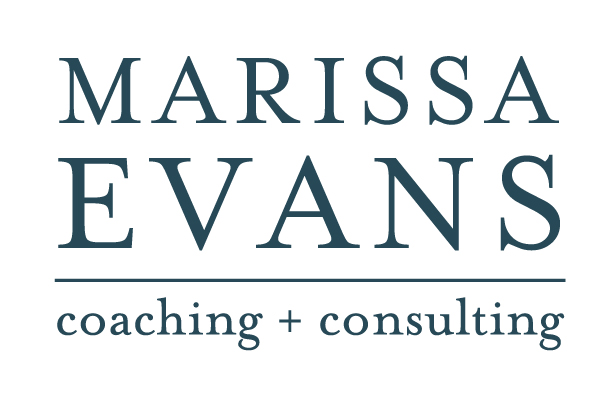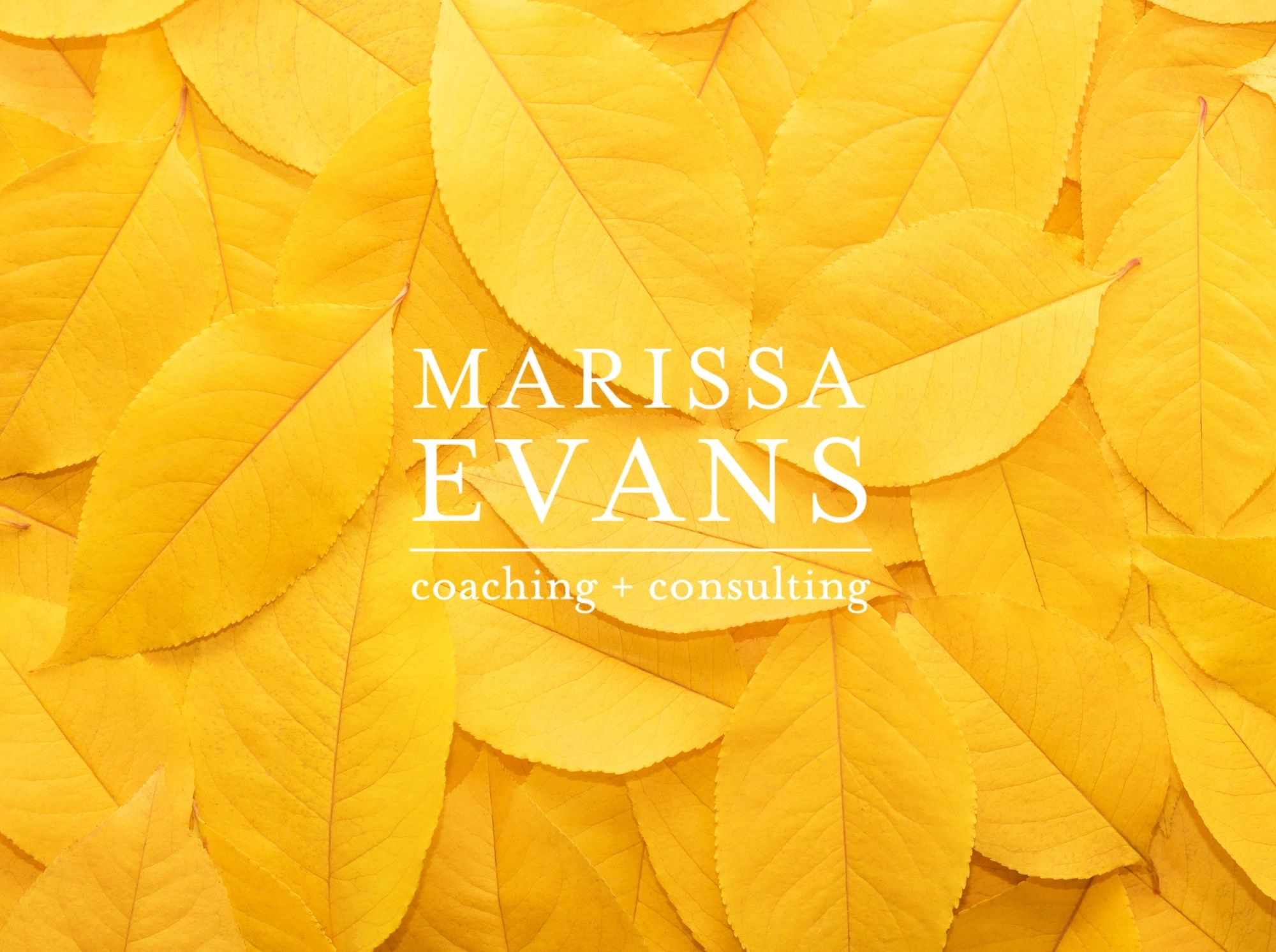According to Helping People Change: Coaching with Compassion for Lifelong Learning and Growth by Richard Boyatzis, Melvin Smith, and Ellen Van Oosten, “In our attempt to coach a person seeking help, most of us naturally take a problem-centered approach, focusing on the gaps between where they are and where we think they should or could be. We are trying to fix them. This does not work well, if at all, to motivate sustained learning, change, or adaptation.”
One of the things I tell my clients is that you will know if I am not being of service to you if I begin to prescribe, problem solve, or tell you what to do. The best coaches are those who have a genuine curiosity for their clients and ask them questions to gain a better sense of their lived context, their values, and who the client is.
It is common for clients to want their coaches to give them exact instructions on what they need to do in order to reach their goals. The problem with this is that the client will have a better understanding of their experience and the creative solutions they come to on their own will be much better than what the coach can prescribe.
Why? Because the client knows better than anyone else what their personal and professional life is. Effective coaches trust that their clients have the capacity within themselves to move forward in a way that meets their personal and professional needs.
The other issue with a problem-centered approach is that if the client becomes reliant on the coach as an expert, the coach then puts themselves in a position of power, which can make the relationship unequal. The only way you can truly have a co-creative relationship between a coach and a client is if the relationship is equal. This means the coach needs to be comfortable with not being the expert and allowing space for the unknown to emerge.
People are often quick to offer advice or feedback if someone is looking for help. The problem here is that your opinions will be informed by your background, history, and experience, which is not the experience of the person you are trying to help. Instead of providing advice, try these questions with people who are looking for your help.
- What is it that you are hoping to achieve? What makes this change meaningful for you now?
- What is the smallest change that could make the biggest impact? What is your first next step?
- What feelings do you have about this? What excites you?
- What do you make of it? What resonates for you?
- What are the possibilities? If you had your choice, what would you do?
Let’s say your friend is looking to buy a new pair of shoes. They’re considering a few options but they want your advice on what to do. The easiest thing would be to share your opinions. Instead, express genuine curiosity for your friend and the shoes they are considering buying. What it is about those shoes that is appealing to them? What excites them about these shoes? This will help your friend gain greater clarity about what they are looking for and help them decide on how they would like to proceed with their shoe choice.
As humans, we live so much in our “shoulds.” Can you imagine how generative it could be for your relationship to have the conversation in a different way? Asking generative questions helps your friend gain greater clarity on what they want to do.
So the next time you find yourself in a situation where someone is asking for your opinion or advice, I challenge you to ask them generative questions instead and see what happens! And, if you feel so inspired, do share your experience with me. I’d love to hear from you.
Until next time,
With compassion,
Marissa.

